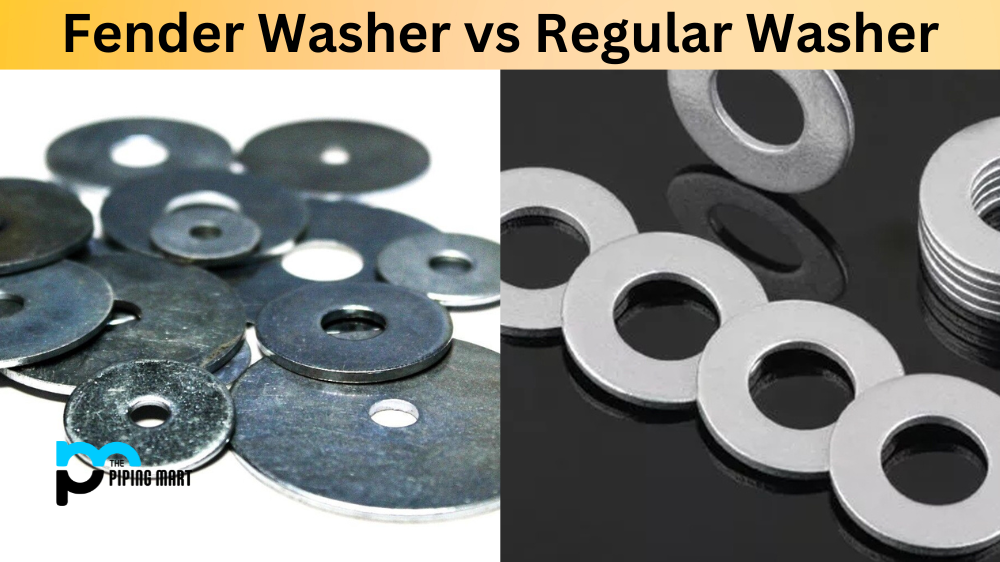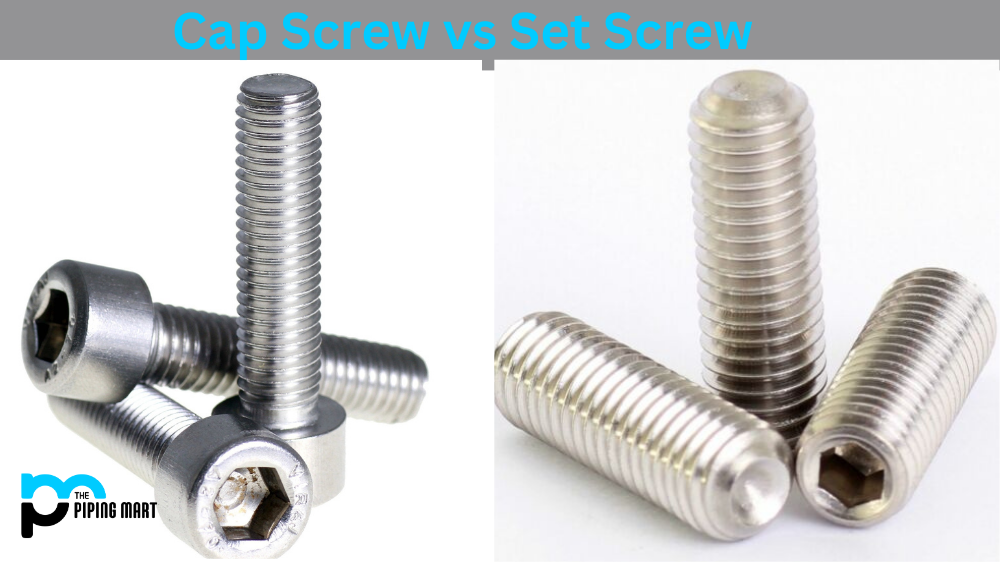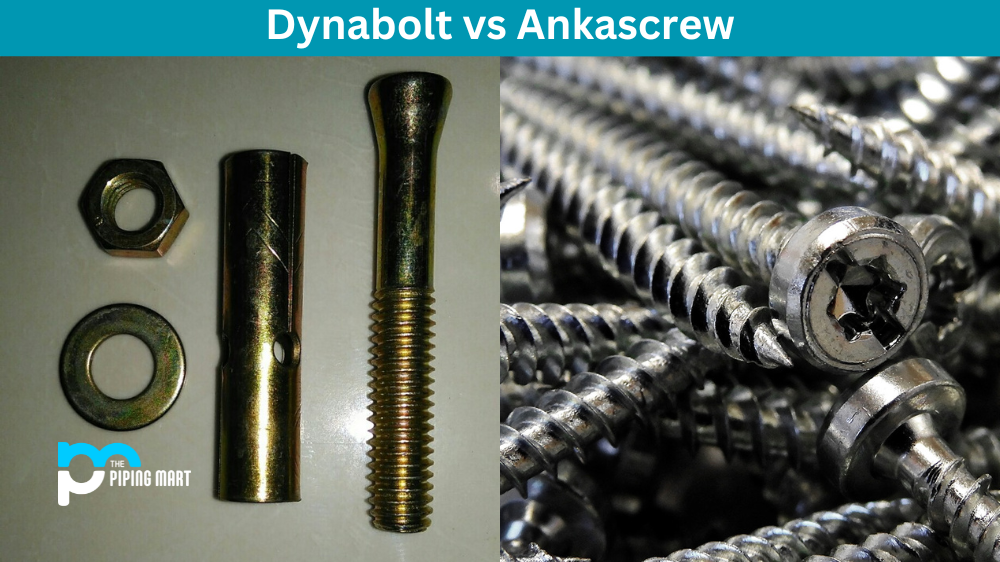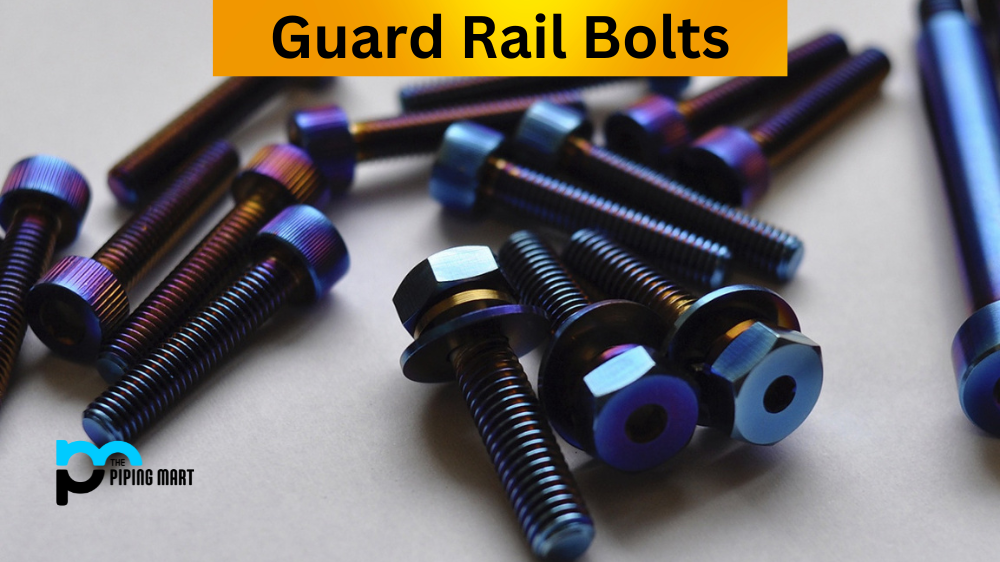Washers are small yet significant components crucial in fastening two parts of an assembly. Typically, they prevent the assembly from loosening or getting damaged due to vibrations and distribute the load evenly. There are two main types of washers: fender washers and regular washers. Although both provide the same primary function, they have different features. Therefore, it’s essential to understand their differences before choosing which one to use. In this blog post, we’ll compare Fender and regular washers and help you decide which is better for your project.
Difference Between Fender Washer and Regular Washer
Size and Shape
The most noticeable difference between Fender and regular washers is their size and shape. Regular washers are thin and flat, with a small hole in the middle. On the other hand, fender washers are much larger and have a wider outer diameter. Moreover, they are curved, resembling a doughnut or a saucer. Fender washers are often used in projects where the load is concentrated over a larger area, and the hole in the washer and the bolt’s head or nut are bigger.
Material and Thickness
Another significant difference between Fender and regular washers is their material and thickness. While regular washers are typically made of thin metal or plastic, fender washers are available in steel, stainless steel, aluminium, and nylon. Furthermore, fender washers are thicker than regular washers, making them more useful when extra strength or protection is required.
Load Distribution
One of the primary functions of washers is the distribution of the load evenly over the assembly. Fender washers are excellent at this as they have a larger surface area. They provide better support, reduce the risk of damage, and prevent the surface from buckling or warping under the load. However, regular washers work perfectly fine for lighter loads or thinner surfaces.
Versatility
In terms of versatility, regular washers have the edge over fender washers. Regular washers are commonly used in numerous applications, including plumbing, automotive, and DIY projects. They are also readily available and inexpensive, making them the go-to option for everyday use. On the other hand, fender washers are more commonly used in specific industries, such as marine or aviation. They can also be useful for off-road vehicles, construction, and heavy machinery, where vibration, pressure, or corrosion protection is required.
Appearance
Lastly, the appearance of washers might seem like a small deal, but it can affect the overall aesthetics of your project. Regular washers are generally boring, generic, and unremarkable. On the other hand, fender washers have a more distinctive style. They have a slightly raised, bevelled outer edge, which makes them look sleeker and elegant. Therefore, if the appearance of your project matters to you, fender washers might be a better option.
Conclusion
Fender and regular washers have different features and can be used for various purposes. Which one you choose depends entirely on the type and scale of your project and the particular needs it demands. Generally, fender washers are the way to go if you need extra strength, support, load distribution, and protection. Regular washers will do the job perfectly if you need an inexpensive, readily available solution for lighter loads. However, always check the manufacturer’s specifications and guidelines before making decisions. With the right choice of the washer, you’ll have a reliable, long-lasting assembly that can withstand all the challenges it faces.

Hey, I’m Krutik, a casual blogger expert in the metal industry. I am passionate about providing valuable information to my readers. With a background in engineering and construction, I like playing Cricket & watching Netflix shows in my free time. Thank you for visiting my blog, and I hope you find my information helpful!




